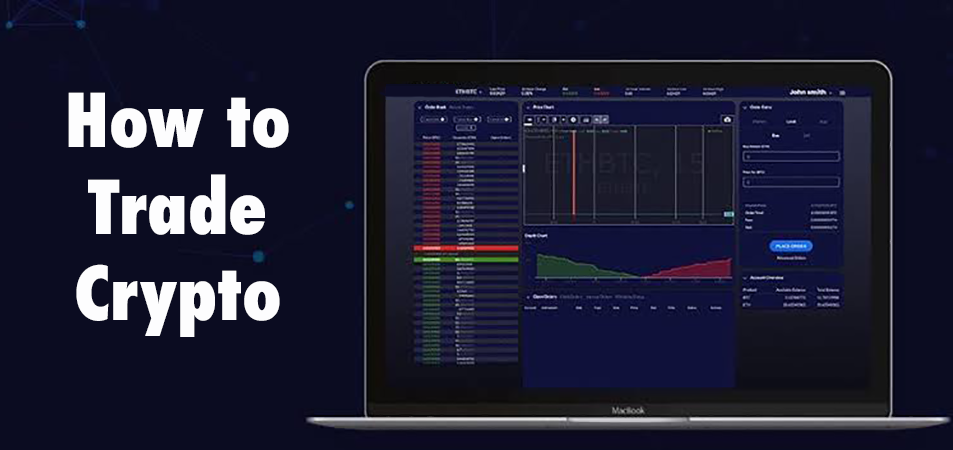Cryptocurrency trading is the act of speculating on cryptocurrency rate movements through a CFD trading account, or buying and offering the underlying coins via an exchange. CFDs trading are derivatives, which enable you to speculate on cryptocurrency rate motions without taking ownership of the underlying coins. You can go long (' purchase') if you think a cryptocurrency will increase in value, or brief (' sell') if you believe it will fall.
Your earnings or loss are still determined according to the full size of your position, so leverage will amplify both revenues and losses. When you buy cryptocurrencies via an exchange, you buy the coins themselves. You'll require to create an exchange account, set up the complete worth of the asset to open a position, and keep the cryptocurrency tokens in your own wallet until you're all set to offer.
Numerous exchanges also have limitations on how much you can transfer, while accounts can be extremely costly to keep. Cryptocurrency markets are decentralised, which means they are not provided or backed by a main authority such as a government. Rather, they stumble upon a network of computer systems. Nevertheless, cryptocurrencies can be bought and sold by means of exchanges and stored in 'wallets'.
 How to Trade Cryptocurrency? A Complete ...truemors.com
How to Trade Cryptocurrency? A Complete ...truemors.com
When a user desires to send cryptocurrency units to another user, they send it to that Click here for more user's digital wallet. The deal isn't considered final till it has actually been verified and contributed to the blockchain through a procedure called mining. This is also how new cryptocurrency tokens are generally produced. A blockchain is a shared digital register of recorded information.
To choose the very best exchange for your requirements, it is very important to get more info totally understand the types of exchanges. The very first and most typical type of exchange is the central exchange. Popular exchanges that fall under this category are Coinbase, Binance, Kraken, and Gemini. These exchanges are personal companies that provide platforms to trade cryptocurrency.
The exchanges listed above all have active trading, high volumes, and liquidity. That said, centralized exchanges are not in line with the philosophy of Bitcoin. They operate on their Hop over to this website own private servers which creates a vector of attack. If the servers of the business were to be compromised, the entire system might be closed down for a long time.
The bigger, more popular centralized exchanges are by far the easiest on-ramp for new users and they even supply some level of insurance should their systems stop working. While this holds true, when cryptocurrency is purchased on these exchanges it is saved within their custodial wallets and not in your own wallet that you own the keys to.
Should your computer system and your Coinbase account, for example, end up being compromised, your funds would be lost and you would not likely have the capability to claim insurance. This is why it is very important to withdraw any large amounts and practice safe storage. Decentralized exchanges operate in the same way that Bitcoin does.
Rather, believe of it as a server, except that each computer system within the server is spread out across the world and each computer system that makes up one part of that server is controlled by an individual. If one of these computers shuts off, it has no effect on the network as a whole due to the fact that there are lots of other computers that will continue running the network.